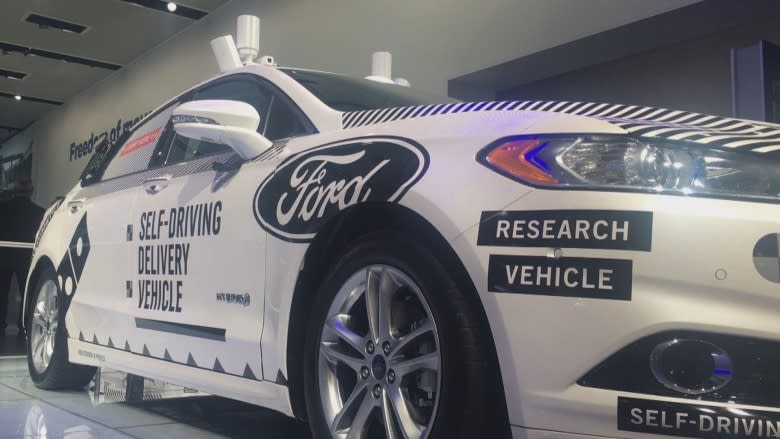Autonomous vehicles could be great for seniors, says AARP
At the North American International Auto show in Detroit, industry leaders are unveiling new driver aids — like sensors that help you park or merge lanes — all aimed to take the 'driver' out of driving.
Autonomous vehicles are all the rage this year, and some automakers are hoping those cars will catch on for the elderly.
The American Association of Retired Persons (AARP) held a panel discussion at the auto show Tuesday, with some interesting points on how to keep seniors in mind when it comes to design.
"This is a critical part of livable communities as we talk to mayors and other officials around the country," AARP's executive vice president Nancy LeaMond told the crowd.
"To be successful, people of all ages will need to trust the machine to do the driving and right now there is a very significant trust gap. A full three-quarters of U.S. drivers of all ages report feeling afraid to ride in a self-driving car."
The self-driving cars could mean that seniors can be out 'driving' longer, allowing them to be more social.
Elizabeth Macnab with the Ontario Society of Senior Citizens' Organizations said that there are three keys to making autonomous vehicles work for seniors: cost, comfort, and commitment.
Macnab said the cars need to be affordable for seniors on a fixed income who, like many, will want a high tech vehicle at an affordable price.
These cars would also need to be accessible for seniors who use walking devices or mobility aids to get around, said Macnab.
And a brand would have to commit to training elderly people on how to properly use the car. She said that seniors would adapt like everyone else, but a true partnership between automakers and seniors could help the transition come faster.



